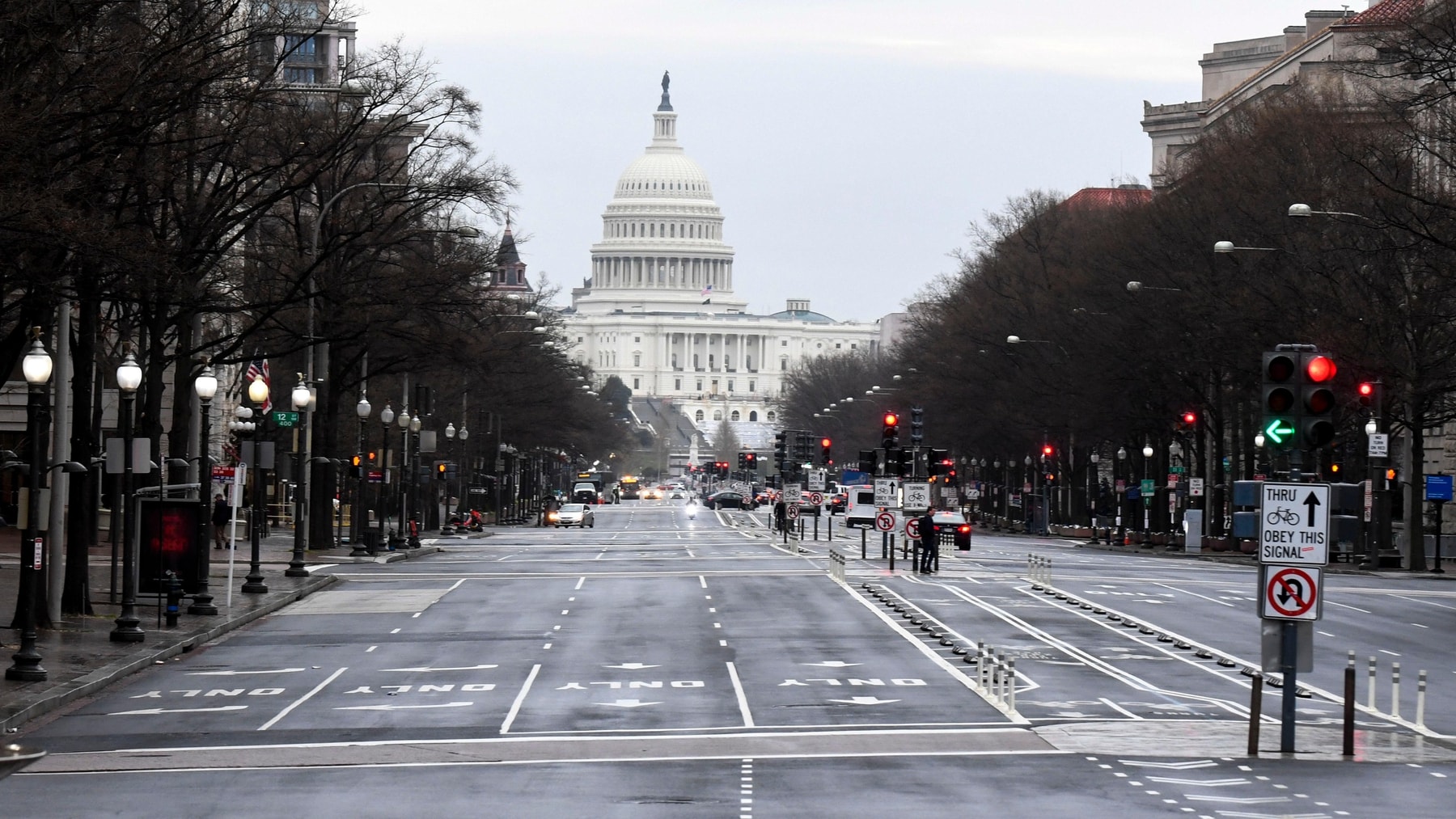
By Greta Zarro, March 26, 2020
It is in times of crisis, like the growing coronavirus pandemic, that deep structural inequities and the U.S. government’s mismanagement of funds are starkly revealed. Half of all Americans live paycheck to paycheck. Half a million Americans sleep out on the streets. Thirty million Americans don’t have health insurance. Forty-five million are burdened with $1.6 trillion of student loan debt. I could go on, but the point of these stats is to highlight the fragility of our society and its uncertain ability to weather the human health and economic impacts of crises like the coronavirus.
Yet, the U.S. is supposedly the richest country in the history of the world, with a military budget that equals that of all of the other countries on Earth combined. Adding up the Pentagon budget, plus non-Pentagon budget military expenditures (e.g. nuclear weapons, which are paid for out of the Department of Energy), the U.S. war budget exceeds $1 trillion a year. In comparison, the Centers of Disease Control (CDC) budget is just a mere $11 billion. And consider this: Using estimates from the United Nations about what it would take to curb world hunger, just 3% of U.S. military spending could end starvation on Earth.
The irony is that whenever the people, especially the most vulnerable among us, come together to organize and advocate for material improvements in our lives and environmental protections, the characteristic response on the part of mainstream media and government is: “How are you going to pay for it?” We can somehow pump trillions of taxpayer dollars into endless wars and Wall Street bailouts, but don’t have money for tuition-free college, Medicare for All, lead-free water, or any of the countless other measures that are standard practice for many other countries around the world. Lacking these essentials for our own people, it becomes hard to swallow the argument that rampant U.S. military spending on far-off wars benefits Americans.
Our own broken democracy, which holds special interests above the necessities of its people, also calls into question the oft-repeated notion that U.S. wars help spread democracy abroad. Until the U.S. can model what a functioning democracy looks like, it should cease telling other countries what to do.
The belief that our $1 trillion a year war budget is spent on humanitarian and pro-democracy efforts obscures the simple fact that war doesn’t benefit its victims. During the Iraq War, polls found that a majority in the U.S. believed Iraqis were better off as a result of the war. A majority of Iraqis, in contrast, believed they were worse off. In fact, scholars at both Carnegie Endowment for Peace and RAND Corporation have found that wars aimed at nation-building have an extremely low to nonexistent success rate in creating stable democracies. And we must not overlook the bottom line that war is not humanitarian, because it kills people. The majority of victims in modern warfare are civilians. And, conversely, suicide is now the leading killer of U.S. troops, underscoring the damaging impact of participation in war. Meanwhile, war perpetuates itself by creating new enemies and breeding resentment. A 2013 Gallup poll of 65 nations found the United States to be considered the greatest threat to peace in the world, underscoring the hatred and blowback that results from U.S. war-making.
In this time of international crisis as we grapple with the fast-growing coronavirus pandemic, it is time to build global alliances to pull together vital scientific and medical resources. The U.S. can start to heal its domestic and international reputation by redirecting billions from its war budget towards truly humanitarian needs.
Greta Zarro is the Organizing Director of World BEYOND War and is syndicated by PeaceVoice. Prior to her work with World BEYOND War, she worked as New York Organizer for Food & Water Watch on issues of fracking, pipelines, water privatization, and GMO labeling.









One Response
war is NOT fun, its violence!